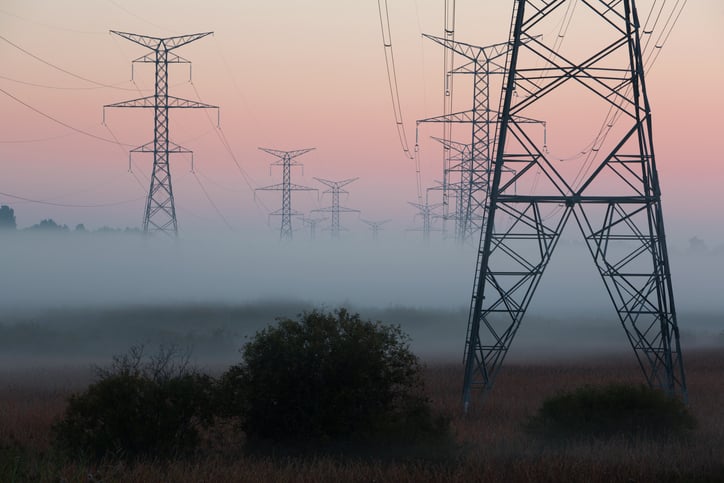Great Britain’s electricity networks will collaborate on new markets for flexibility services to rival the need for traditional upgrade investments, developing a national smart grid which could deliver £17 billion back to the economy by 2050.
Distribution network operators (DNO) across England, Scotland and Wales have announced the joint commitment as part of the Energy Network’s Association’s (ENA) Open Networks project, in the final report published at this week’s Low Carbon Networks & Innovation (LCNI) conference.
According to the ENA, network operators in Northern Ireland and the Republic of Ireland are also providing an indication of broad intent to use the services in the future.
The move is intended to help reduce the cost of running the network to customers and will provide opportunities for businesses and communities to offer flexibility services to local network operators. This could include increasing electricity generation from distributed energy resources, or adjusting their consumption to support balancing of supply and demand in return for financial incentives.
Research conducted by Imperial College London and The Carbon Trust for the Smart Systems and Flexibility Plan, published earlier this year by the Department of Business, Energy and Industrial Strategy (BEIS) and Ofgem, suggested that the UK could deliver £17-40 billion of benefits across the energy system by 2050 through such demand side response methods.
David Smith, chief executive of the ENA, said: “Our energy networks have a great track record of delivering for households, businesses and communities when it comes to network reliability, reducing costs to the bill payer and driving forward new investment in our infrastructure.
“Today’s announcement builds on that, as our energy market rapidly changes. It is about creating a system that creates a platform for a whole range of new energy technologies and services that not only allows network companies to manage the system more effectively but give other organisations the chance to benefit from that, whether that be directly or indirectly.”
The ENA’s ‘Opening Markets for Network Flexibility’ report also states that network companies will “rapidly increase the use of competitive markets” over the next six years, under the current RIIO ED1 price control period.
These markets will aim to deliver lower carbon energy at the lowest cost for customers as well as create opportunities for them to realise value from new services and smart technologies.
The pledges made by Britain’s DNOs, and the work undertaken by the ENA in its Open Networks project, are in response to the rapidly changing landscape of the country’s energy sector. The roles and responsibilities of network companies are changing as they respond to the deployment of new types of smart and renewable energy technology connected at a local rather than a national level.
This has prompted a transition to a distribution system operator (DSO) model, whereby these companies begin to play a more active role managing supply and demand locally. At the same time the role of National Grid as system operator is also changing to facilitate the transition to a more decentralised, low carbon system.
ENA’s Open Networks Distribution System Operator Definition:
The new roles and responsibilities to be identified by the ENA will help shape the energy sector going forward to suit the vision set out in the joint publication of the Smart Systems and Flexibility Plan by Ofgem and the government in July.
Energy minister Richard Harrington said: “Upgrading our energy system to make sure it is fit for the future is a key part of our Industrial Strategy and the Smart Systems Plan published in July sets out what we will do to make that happen.
“A smarter, more flexible energy system will create opportunities to reduce energy costs, increase productivity and put UK businesses in a leading position to export smart energy technology and services to the rest of the world.”
Dermot Nolan, chief executive at Ofgem, added: “We welcome today’s commitment by network companies to create new markets for flexibility services following the joint publication of the Smart Systems and Flexibility Plan by Ofgem and the government in July.
“Flexibility is key to the transition to a smarter energy system which saves consumers money on their energy bills. We will work with the energy industry, government and consumer groups to make sure that these new services are delivered in whatever way works best for consumers.”






